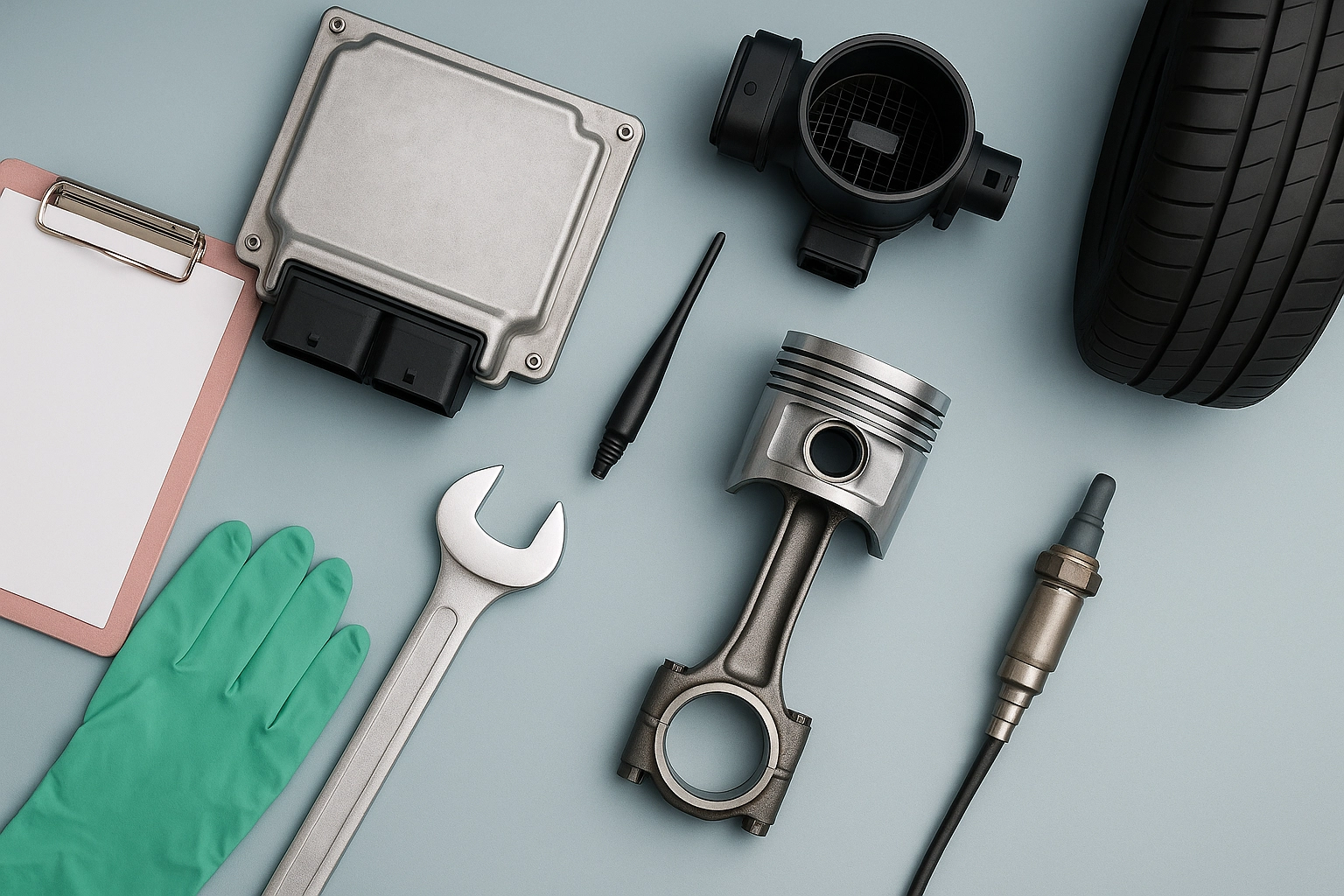SAE J2261 Engine Oil Aeration
The SAE J2261 Engine Oil Aeration standard is a critical test method used to evaluate engine oil's ability to expel air bubbles from the oil sump. This service ensures that engine oils perform as expected under dynamic conditions, which is essential for maintaining optimal lubrication and preventing issues such as foaming or aerated oil that can reduce engine performance.
The primary focus of this test is to measure how effectively an oil removes air bubbles at different rotational speeds and temperatures. The process involves filling a laboratory engine with the specified type of engine oil, simulating real-world operating conditions, and then measuring the reduction in air content over time. This simulation helps identify which oils are more prone to foaming or aerating under stress, thereby ensuring that only high-performance lubricants reach market.
The SAE J2261 test is particularly important for engine manufacturers and OEMs who must ensure their products operate efficiently and safely across a wide range of conditions. By using this standard, they can avoid costly recalls and reputation damage caused by subpar lubricants that fail to meet the necessary performance criteria.
The testing procedure typically involves several key steps:
- Filling the engine with the specified type of oil.
- Simulating real-world operating conditions through controlled rotation speeds and temperatures.
- Monitoring the reduction in air content over time to determine the effectiveness of the oil's aeration properties.
The acceptance criteria for this test are based on predefined thresholds for acceptable air content levels. Oils that fail to meet these standards may require further refinement or replacement with more suitable products before being used in engines.
This service is crucial for ensuring compliance with industry standards and regulations, particularly those related to engine performance and safety. By adhering to the SAE J2261 standard, manufacturers can demonstrate their commitment to producing high-quality lubricants that meet the demands of modern automotive technology.
Customer Impact and Satisfaction
The impact of this service extends beyond mere compliance—it directly contributes to enhancing customer satisfaction by ensuring superior engine performance. By providing accurate, reliable data on oil aeration properties, we help our clients make informed decisions about which lubricants best suit their needs.
For quality managers and compliance officers, adherence to standards like SAE J2261 is essential for maintaining regulatory compliance. This service provides them with the tools necessary to verify that all products meet or exceed required specifications, thus minimizing the risk of non-compliance penalties and reputational damage.
R&D engineers benefit from this service by gaining insights into how different engine oils perform under various conditions. These data points can guide future developments in lubricant formulation, helping to create more efficient and effective products for automotive applications.
For procurement departments, having access to such detailed information allows them to select suppliers who consistently deliver high-quality materials that align with company standards. This not only ensures consistent product quality but also fosters long-term relationships with reliable partners.
Competitive Advantage and Market Impact
The ability to accurately assess engine oil aeration properties using the SAE J2261 standard offers significant competitive advantages in today’s highly regulated automotive industry. Manufacturers who invest in this service can differentiate themselves by offering products that consistently meet or exceed regulatory requirements, thereby gaining an edge over competitors.
By demonstrating commitment to quality through rigorous testing procedures like those outlined in the SAE J2261 standard, companies can build trust with consumers and stakeholders alike. This trust translates into increased market share as customers become more confident in purchasing these products knowing they have undergone thorough evaluation processes.
The widespread adoption of such standards also contributes positively to overall industry standards, encouraging other manufacturers to follow suit. As a result, the entire sector benefits from improved product performance and reliability across all participants.
Use Cases and Application Examples
- Engine Development: During early stages of engine development, this test helps identify potential issues related to oil foaming or aeration before full-scale production begins. This allows engineers to make necessary adjustments early on in the design process.
- OEM Compliance: Original Equipment Manufacturers (OEMs) often need assurance that their chosen lubricants will perform consistently across all models, regardless of regional variations in operating conditions. SAE J2261 provides this assurance by validating aeration properties under standardized test conditions.
- Sustainability Initiatives: By selecting oils with excellent aeration properties, manufacturers can contribute to sustainability efforts by reducing fuel consumption and emissions associated with aerated oil. This aligns with broader corporate social responsibility goals.
- New Lubricant Launches: When introducing new lubricants into the market, this test ensures they meet stringent performance requirements set forth by industry bodies like SAE International. Successful completion of these tests enhances credibility and acceptance among buyers.





